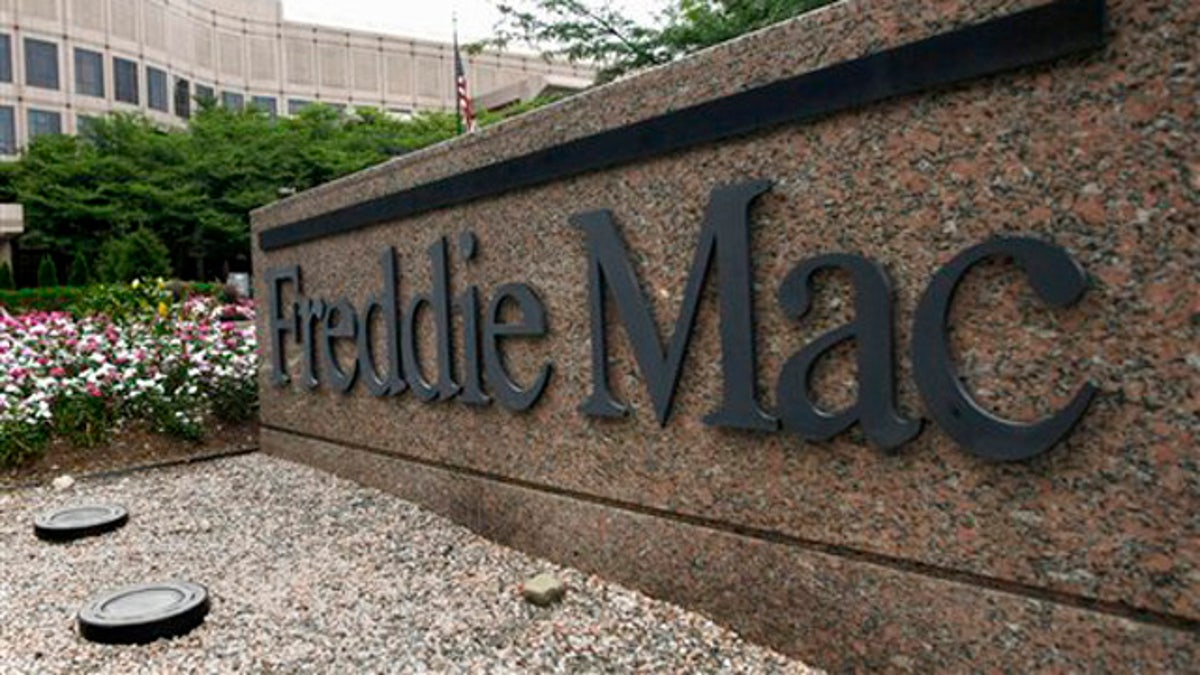
July 13, 2008: Shown here is the Freddie Mac headquarters in McLean, Va (AP)
Homebuyers, beware.
In exchange for a two-month tax cut, the Senate on Saturday approved a permanent increase in fees attached to mortgages backed by Fannie Mae, Freddie Mac and the Federal Housing Administration (FHA).
The fee hike would apply to new mortgages and new refinances, and would last for the life of the loans.
The increase is meant to pay for the roughly $33 billion package the Senate approved Saturday to extend a 2 percentage point payroll tax cut for another two months. The Obama administration says 160 million people benefit from that tax cut.
But the mortgage fee provision would have widespread long-term impact, considering nine out of 10 mortgages go through one of the three government-sponsored finance organizations affected.
The new fee increase would amount to about $15 a month more for a $200,000 mortgage, according to a senior Democratic official.
That's $180 a year, or $360 a year for a $400,000 mortgage. Homeowners would have the fee hike built into their loan -- the mortgage provider would then send that extra revenue to the Treasury.
The idea behind the fee is to encourage more homeowners to get into the private market, as opposed to seeking loans backed by troubled entities like Fannie and Freddie.
"Taxpayers are losing every quarter on Fannie and Freddie," a senior Senate Democratic aide said. "We want to lessen the burden on the taxpayers (who are on the hook for failed government-backed loans)."
The aide added, "This is an incentive to go to the private-sector mortgage market."
A fact sheet on the Senate bill sent out Saturday to House Republicans noted that the offset has "bipartisan support" and was included in the House GOP-backed payroll tax cut bill. It also was included in President Obama's list of suggestions to the now-defunct "Super Committee" tasked with reducing the deficit.
The House still must vote on the bill. The two-month tax cut is estimated to be worth about $165 for someone making $50,000 a year.
While lawmakers will say that the mortgage fee hike means the payroll tax cut is fully paid for, the timetables for the tax cut itself and the revenue from the fee are very different.
The Congressional Budget Office estimates that while the tax cut lasts two months, it will take 10 years for the associated fee hike to drum up an estimated $35.7 billion and replenish the lost revenue. That rhetorical tactic is common on Capitol Hill -- lawmakers frequently say bills are "paid for" when in fact it takes a decade for that to be the case.
Fox News' Trish Turner contributed to this report.




